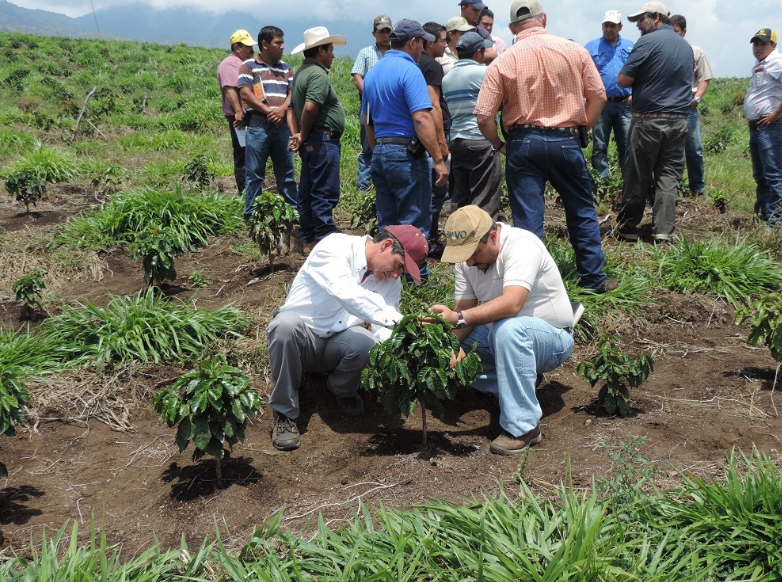In this Article
The agricultural sector, a major contributor to greenhouse gas emissions, is highly vulnerable to climate change impacts. Given its crucial role, urgent action is necessary to reduce its environmental impacts and protect it from the worst effects of global warming.

The Intergovernmental Panel on Climate Change (IPCC) states that if global temperatures surpass the 1.5°C mark, the risks to food security will increase ten-fold. This could result in severe hunger affecting up to 80 million individuals by 2050.
Climate change significantly impacts 500 million smallholders globally, causing challenges such as droughts, floods, and pest migrations, yet they often lack reliable information and evidence-based climate adaptation solutions. The Centre for Agriculture and Bioscience International (CABI) celebrates Earth Day by providing smallholders with the knowledge, skills, and resources to adapt and prosper effectively in the face of climate change. This commitment entails targeted investments in smallholder farming initiatives and curating and disseminating accessible, evidence-based information to smallholders. Some of the notable projects of CABI have collected evidence-based data on pests, providing farmers with an early warning system to detect the spread of pests. This strengthens local adaptive capacity and restores ecosystem services necessary for mitigating the impacts of climate change, enabling the communities to collectively address land degradation caused by invasive plants.
Furthermore, governmental intervention can be instrumental in four key areas: (1) providing access to high-quality, evidence-based information and tools for climate risk assessment; (2) developing pest and disease risk analytics to inform national and farm-level planning; (3) developing landscape-scale management plans for controlling invasive species while integrating farming into climate-smart agriculture and (4) fostering advancements in research areas to improve climate adaptation, thereby understanding and addressing climate changes.
Reference: Kuhlmann, U. (2024, April 24). How can we help smallholders build resilience to climate change? Centre for Agriculture and Bioscience International. Retrieved April 26, 2024 from https://blog.cabi.org/2023/04/24/how-can-we-help-smallholders-build-resilience-to-climate-change/




